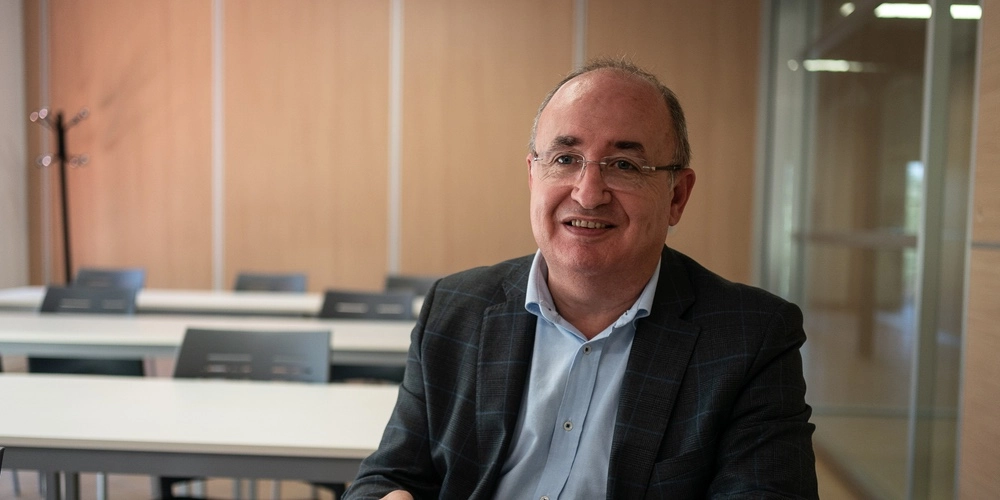Catalonia has established itself as a global benchmark in various industrial sectors, including the automotive industry, attracting the attention of companies that now choose it as the location for their production plants.
One of the most recent announcements is that of Chery in Barcelona.
The Chinese company plans to occupy the former Nissan site in the Zona Franca and begin producing its own electric vehicles, from Spain for all of Europe.
But what is the reason for this “favouritism”?
“The community has emerged as a pole of innovation in the sector thanks to its rich caliber of talent and creativity,” says Sergio Alcaraz, President of the Cluster of the Automotive Industry of Catalonia (CIAC), to Mobility Portal España.
And he assures: “Spain is the second largest producer of vehicles after Germany and Catalonia is positioning itself very well to continue having that aspect of leadership within the sector for the future of sustainable mobility.”
The Community not only stands out for its production capacity, but also for the ecosystem that it forms thanks to its technology centers, universities and technology companies.
Obviously, this did not escape Chery’s sights when choosing Barcelona.
The Chinese company’s project involves the incorporation of around 150 workers, currently in the training process, and plans to recover up to 1,250 jobs.
Not only this, but it also plans to produce 50,000 units annually in 2027 and reach 150,000 in 2029.

Within this framework, companies that establish themselves in the community have the opportunity to capitalize on the potential by promoting a culture of innovation, recognizing the talent of their workers, and committing to dedicating resources to R&D.
This is particularly important… but why?
According to the CIAC director, this is due to the context in which investments occur and the current needs around the technological change implied by electric mobility, which requires new skills within the sector.
Aspects such as eMobility batteries, artificial intelligence, digitalization, “have not been so important in the past, but now they are significant competitiveness factors,” explains Alcaraz.
“For all this, we are a pole of attraction and an example is the number of startups we have, which are nothing more than the reference of individuals with innovative skills,” he adds.
What are the difficulties faced by this industry in Catalonia?
Mainly identifying both the necessary skills and the required volume of these, and, consequently, promoting professional training, according to the words of the President of CIAC himself.
As well as, in turn, adapt university degrees to these skills and needs of the sector.
In this framework, the Catalan Automotive Industry Cluster plays a crucial role, acting as an “intermediary” to align the demands of companies with the educational world.
Specifically, it focuses its efforts on promoting projects that contribute to generating employment and placing the automotive industry in Catalonia in a prominent position worldwide, boosting its competitiveness.
“Beyond new talent, we must be aware that, although companies are the face of success, the true driving force of innovation lies in the work teams that make up these ecosystems,” emphasizes Alcaraz.
Therefore, it is crucial that companies not only recognize this talent, but also “foster and enhance it by dedicating resources and creating environments conducive to its expression.”
However, this transition cannot be promoted merely by the sector, but must also be accompanied by public administrations.
The commitment and effort on the part of the industry in Catalonia is notable, but to develop electromobility, supply is not enough, but must be complemented by demand.
“It is necessary that this be dynamic and that the aid be direct so that the user can also see the possibilities of adapting in this initial period,” says Sergio Alcaraz.








